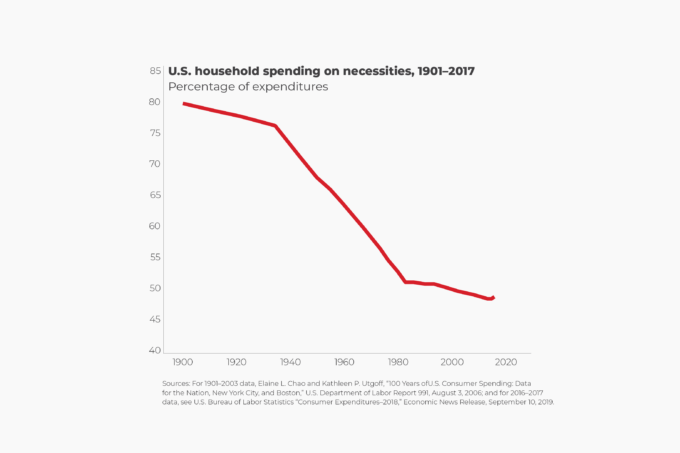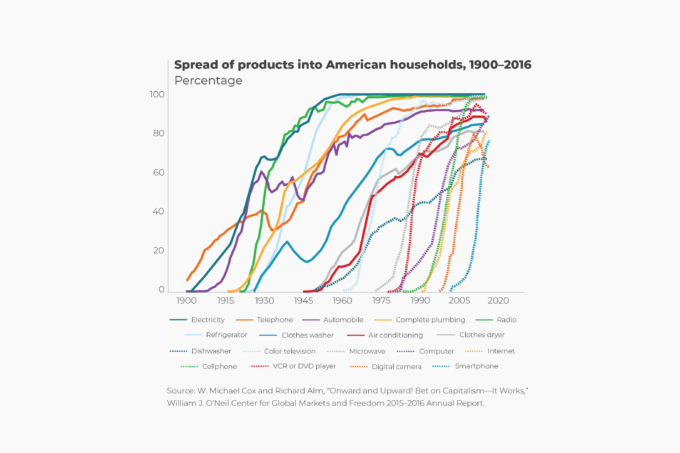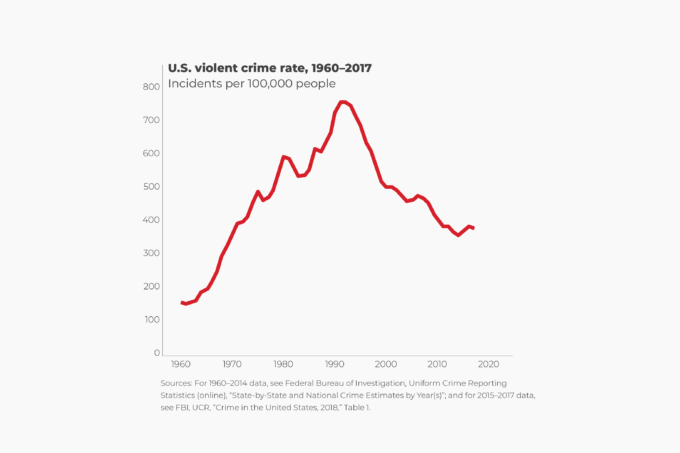Back in 1958, only 4 percent of whites were in favor of intermarriage between blacks and whites, according to historical data from the Gallup Organization. In 1963, only 38 percent of whites opposed laws against intermarriage. By 2002, when the question was last asked, 90 percent of whites opposed laws against intermarriage. Black opposition to laws against intermarriage increased from 82 percent in 1980 to 96 percent in 2002. In 1972, 76 percent of blacks approved of interracial marriage. By 2013, approval of interracial marriage had increased to 87 percent among white Americans.
According to 2016 Gallup poll data, 69 percent of African Americans think that the civil rights situation for black citizens has greatly or somewhat improved over the course of their lifetimes. The corresponding figure is 77 percent for white Americans.
In a 2016 study on historical U.S. trends in racial attitudes, researchers at the University of Illinois report that white approval of school racial integration rose from just 32 percent in 1942 to 96 percent by 1995. Since polling of their community began in 1972, black support for school integration has been universal.
In 1944, only 45 percent of whites agreed that blacks should have “as good a chance as white people to get any kind of job.” That opinion rose to 97 percent of whites by 1972. In 1958, only 37 percent of whites said they would vote for a black candidate for president. By 1997, that figure had risen to 95 percent.
The University of Illinois researchers note, “One of the most substantial changes in white racial attitudes has been the movement from very substantial opposition to the principle of racial equality to one of almost universal support.”
Despite extensive changes in racial attitudes and considerable civil rights progress, a 2019 Gallup poll update reported that 54 percent of U.S. whites think that black-white relations are generally good, whereas only 40 percent of blacks do. Although progress has been substantial, work clearly remains to be done.








